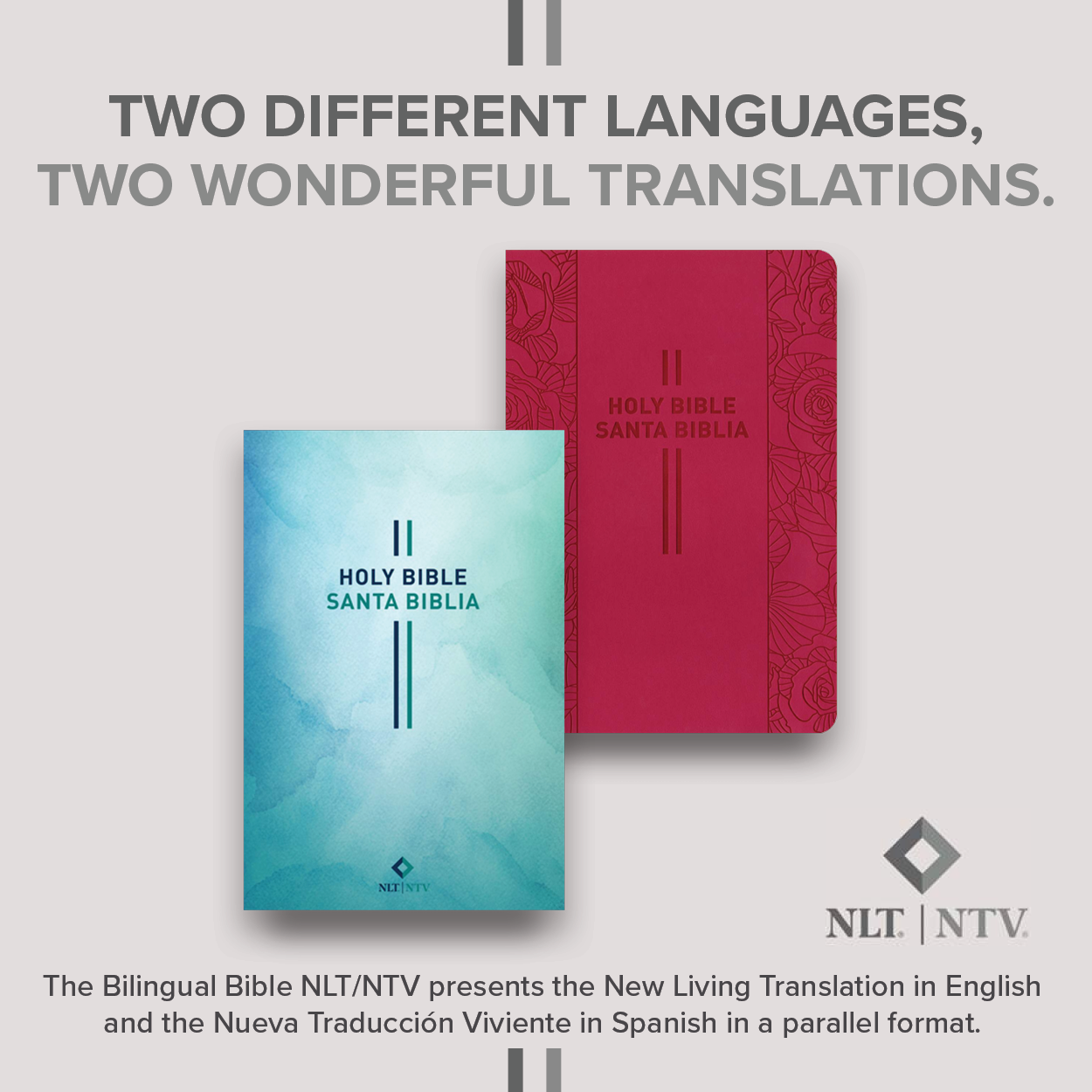News on immigration reform has not been good lately. The Supreme Court heard argument for the Arizona employer sanction law and the arithmetic indicate the justices might let it stand. Justice Elena Kagan as solicitor general was involved in the federal government’s case against it, and so is recusing herself—that is, excusing herself from hearing the case. That foreshadows possible trouble on the more controversial SB 1070 if it comes to the court (NY Times). But all the news is not bad.
Utah, conservative Utah of all places! I wrote in this post that a diverse group was meeting in Salt Lake City to work out an alternative to Arizona’s SB1070. They were political conservatives and liberals, legislators, business leaders, immigration activists, even some Minutemen. The Catholic Diocese of Salt Lake was represented, as were most mainline Protestant denominations. The Mormon Church, officially not part of the discussion, was lending a friendly ear.
The result was a proposed law that would set up a registration for undocumented workers permitting them to live and work in Utah. It would be administered by the state’s Department of Public Safety, which already oversees a driver license program. The law would not contradict federal immigration law (though many say it would), but it will protect workers from being stopped as under the Arizona law by the police.
The plan, called the Utah Compact, has won important endorsement from the business and religious communities. The Mormon Church did not endorse the law, but made a “statement of support” describing it as “a responsible approach to the urgent challenge of immigration reform.” Still some state legislators are pushing a SB 1070 lookalike.
The whole point—and much of the argument—in bringing the Arizona laws to the Supreme Court is to open some space for states to enforce immigration law on their own. The federal government welcomes to cooperation of the states, but under its rules. It fears anarchy if states and local jurisdictions are allowed to go their own way.
Some anti-immigration legal groups have been circulating ideas—hence Arizona’s SB1070—in the hopes of breaking the federal exclusive authority. A decision upholding the Arizona employer sanction bill might not do the trick, but a similar decision on SB1070 will.
Opening the jurisdiction over immigration law to the states and localities will be popular with the new Congress as well. But that will not bring justice to hard-working immigrants or security to their families. It will only drive them more deeply into the shadows. Utah, at least, is trying to deal with what it perceives as federal inaction on undocumented migration by allowing them to live out in the open and by responding to the state’s real employment needs.
In their statement for National Migration Week, starting today and lasting through January 8, the bishops suggest a more careful consideration of the causes of and responses to migration, taking into account economic realities in the countries of origin and the United States. In this New Year, let us pray for just response to immigration, whether on the state or federal level.









